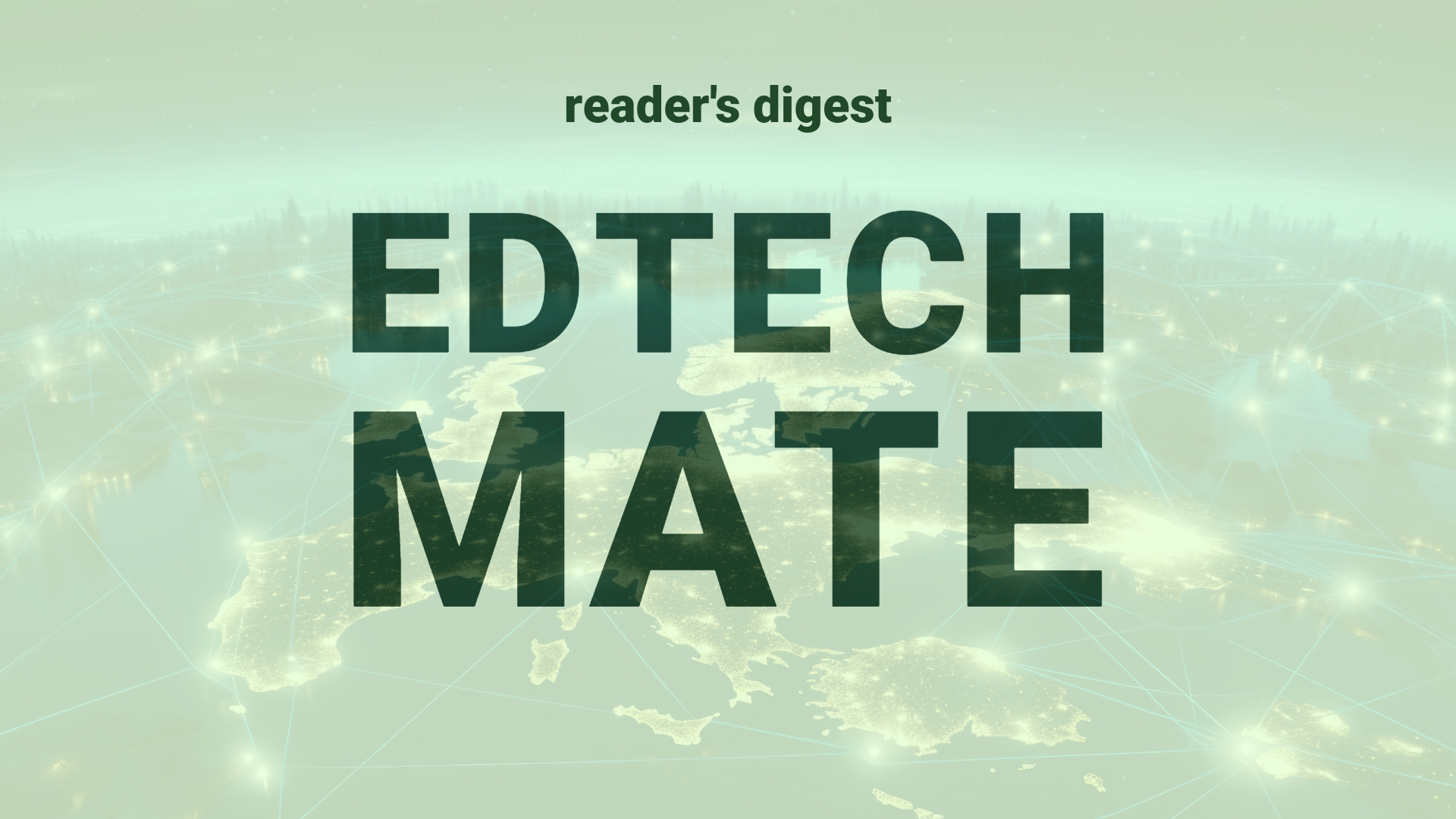Executive Summary and Main Points
The landmark adoption of the Recommendation on Open Educational Resources (OER) by UNESCO Member States in November 2019 stands as a pivotal step towards achieving Sustainable Development Goal 4 (SDG4), which targets inclusive and equitable quality education for all. A subsequent initiative by UNESCO-UNEVOC, marked by the launch of the First Global OER Grant Programme specifically for Technical and Vocational Education and Training (TVET) on December 3, 2019, underscores the commitment to leverage OER in fortifying global education. Central to this move is the embracement of digital transformation and strategic innovation in international education circles, highlighting the significance of accessibility, customization, and collaboration in educational resources.
Potential Impact in the Education Sector
The UNESCO mandate for OER is forecasted to significantly impact the ladder of education, notably in Further Education, Higher Education, and Micro-credentials realms. By providing an open repository of educational materials, there could be a democratization of knowledge transfer and skill development across nations. Further Education benefits from the diverse pool of OER, which could be adapted to local contexts, whereas Higher Education stands to enhance its research and pedagogy through collaborative OER platforms. Moreover, the advent of Micro-credentials, buttressed by OER, could revolutionize lifelong learning, promoting flexible and targeted upskilling opportunities. The possibility of new strategic partnerships emerging between educational institutions, policymakers, and private sectors is a key highlight, as these alliances could drive the digitalization wave across various educational models.
Potential Applicability in the Education Sector
Open Educational Resources present myriad opportunities for application within the global education sector. By harnessing AI and digital toolsets, educators can create sophisticated adaptation algorithms to tailor educational content to diverse learner profiles and contexts. This level of personalization not only enhances learner engagement but also ensures that instruction is more effective. AI-driven analytics could provide insights to identify gaps in resources or areas needing emphasis, optimizing the OER repositories. Moreover, connecting OER with Virtual and Augmented Reality could simulate practical environments for TVET, thus bridging the gap between theory and practical application in education settings globally.
Criticism and Potential Shortfalls
While the promise of OER for educational innovation is abundant, certain criticisms and shortfalls must be acknowledged. For instance, the disparity in digital infrastructure between developed and developing nations could lead to unequal access to OER, contrary to its primary objective. Furthermore, the lack of standardized benchmarks for content quality across different jurisdictions could lead to inconsistencies in educational outcomes. Ethical considerations regarding data privacy and the cultural relevance of content also arise when implementing globally sourced OER. Comparative international case studies expose a variety in the effectiveness of OER initiatives, prompting a need for contextualized strategies that address these disparities.
Actionable Recommendations
In light of the potential that OER harbors for transforming the international education landscape, certain recommendations are prudent. Education leaders should foster strategic partnerships to address the digital divide and enhance OER accessibility for under-resourced regions. Investment in professional development for educators in curating and customizing OER is also critical. Furthermore, developing a global framework for OER quality assurance can standardize excellence in content. Finally, embracing a multidisciplinary approach that includes technical, pedagogical, and cultural expertise will ensure that the application of OER aligns with the diverse needs of international learners, thus truly actualizing the expansive potential of open education.
Source article: https://unevoc.unesco.org/article/First+UNESCO-UNEVOC+Global+OER+Grant+Programme.html

